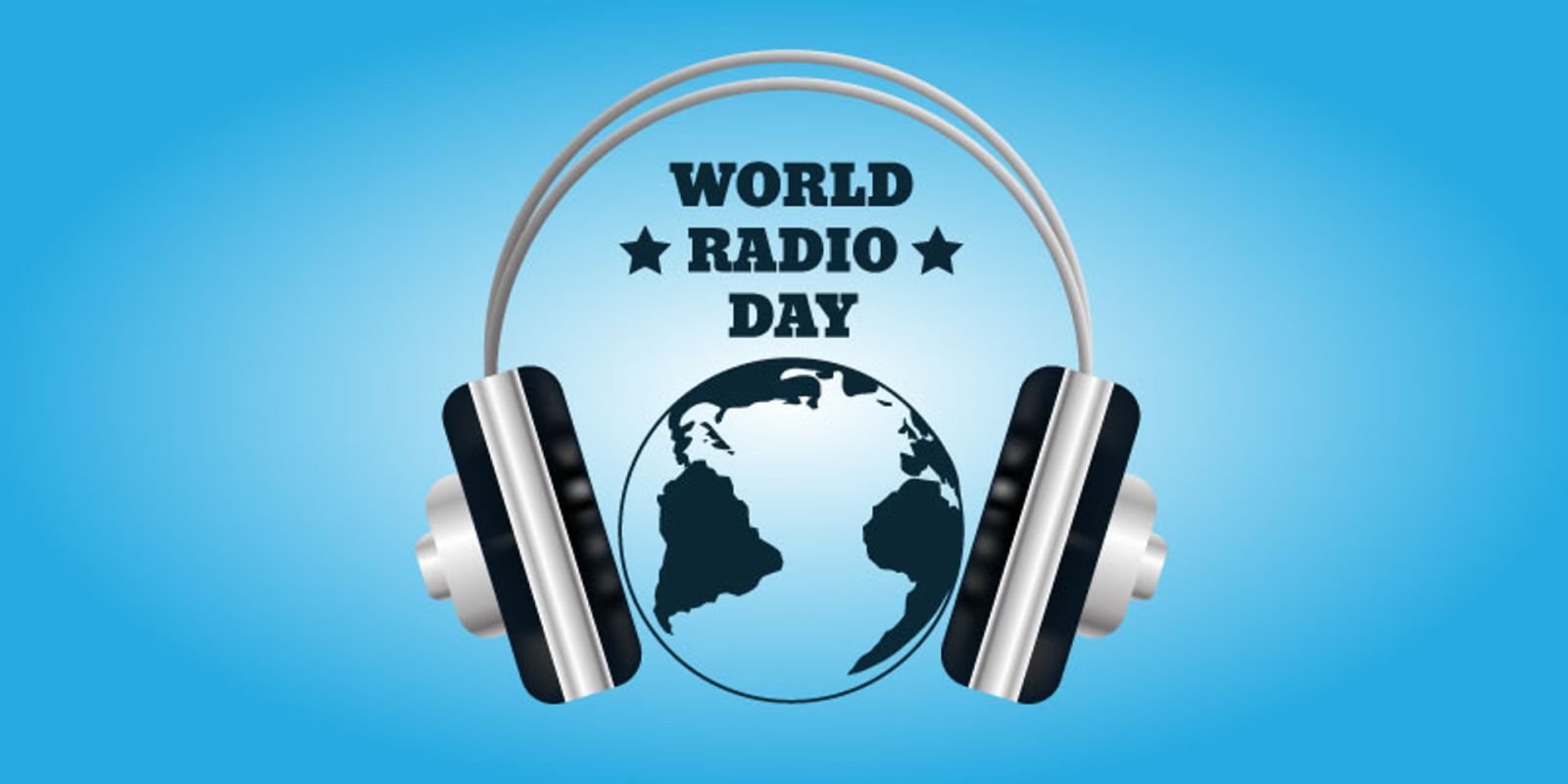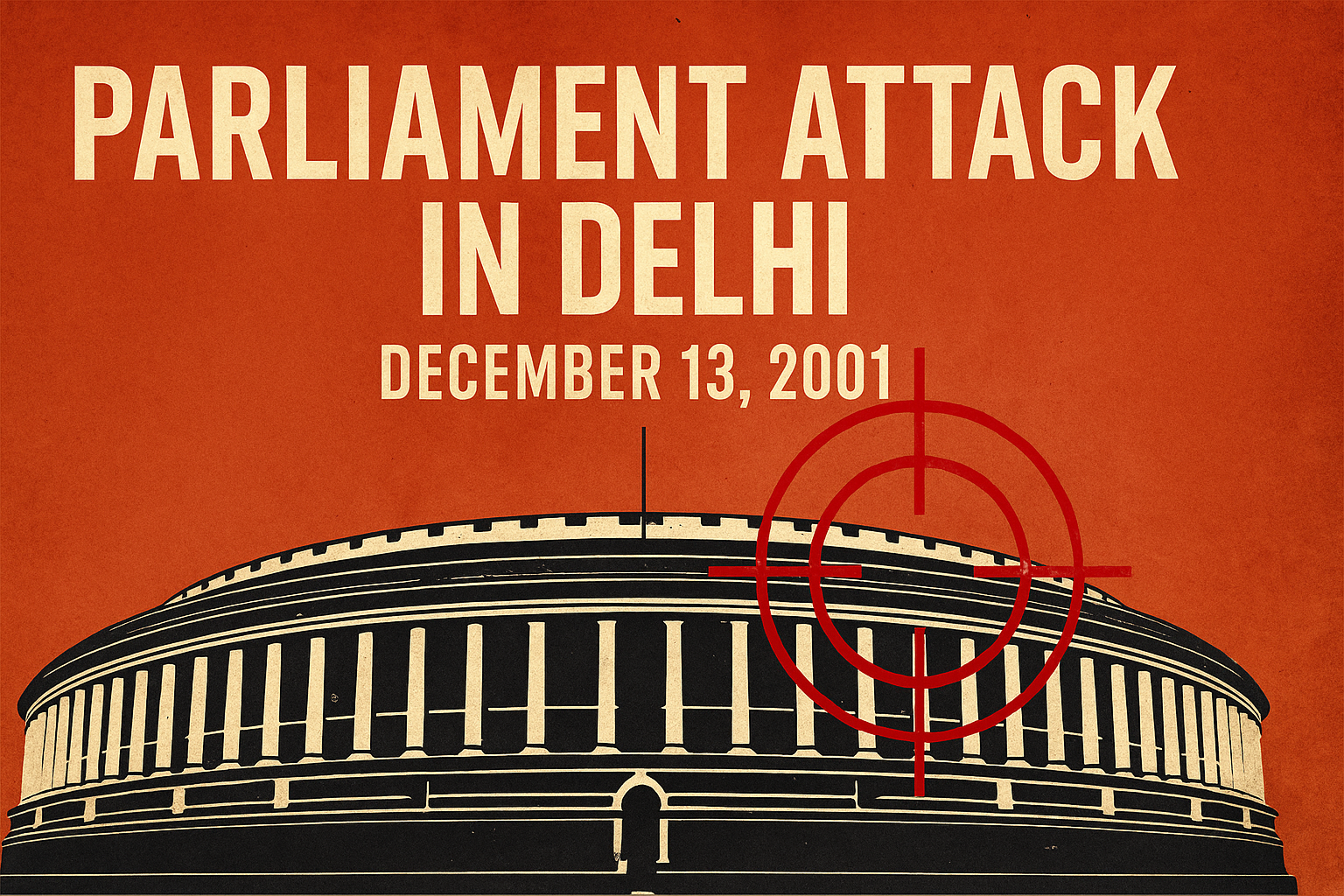Every year on February 13th, we celebrate World Radio Day, a day dedicated to honoring radio as one of the most potent and far-reaching communication mediums. Established by UNESCO in 2011 and later adopted by the United Nations General Assembly in 2012, this day recognizes the crucial role of radio in connecting people, spreading awareness, and fostering communication across the globe.
Radio still holds a unique place in people's lives even in today’s digital era, where technology has revolutionized how we consume information. From remote villages to urban centers, radio remains an accessible, cost-effective, and efficient medium that bridges gaps and brings communities together.
World Radio Day 2025 Theme: Radio and Climate Change
The theme for World Radio Day 2025 is “Radio and Climate Change”, emphasizing the essential role of radio in spreading awareness about climate issues, educating audiences on environmental challenges, and advocating for sustainable actions. Radio broadcasters worldwide are encouraged to maximize coverage on climate-related topics, ensuring that listeners stay informed about global efforts to combat climate change.
Themes from Previous Years
2024 – Radio: A Century of Informing, Entertaining, and Educating
2023 – Radio and Peace
2022 – Radio and Trust
2021 – New World, New Radio
How World Radio Day Came to Be
The idea of World Radio Day was first proposed by Spain’s Academy of Radio in 2010 but was initially rejected by the Spanish government. However, the proposal was later resubmitted to UNESCO, and during its 36th General Conference in 2011, February 13th was officially declared as World Radio Day. Since then, governments, broadcasters, NGOs, and media organizations have come together yearly to celebrate radio’s significant contribution to society.
Why Radio Still Matters Today
Despite the rise of digital media, radio is one of the most trusted and widely consumed forms of communication. Here’s why:
1. Accessibility and Affordability
Radio is incredibly affordable and easy to access, requiring minimal infrastructure. This makes it an essential medium, particularly in rural areas and underprivileged communities where internet connectivity and television access may be limited.
2. Reliable Source During Emergencies
In times of natural disasters like earthquakes, floods, and hurricanes, radio serves as a lifeline by broadcasting real-time updates, safety instructions, and emergency alerts.
3. A Platform for Local Voices
Unlike mainstream media, which often focuses on commercial content, radio empowers local communities by broadcasting in regional languages and preserving cultural heritage through folk music, storytelling, and traditional programs.
4. Education and Awareness
Radio is key in educating the masses, particularly in remote regions where schools and learning resources may be scarce. Educational programs are broadcast for children, women, and marginalized communities, helping to bridge the literacy gap.
5. Freedom of Expression
Radio is a platform for social activism, political discussions, and diverse opinions, fostering an open and democratic societal dialogue.
The Impact of Radio on Different Sectors
1. Journalism and News Broadcasting
Radio remains one of the fastest and most reliable sources of information. Renowned stations like All India Radio (AIR) and BBC World Service are crucial in global journalism and news coverage.
2. Music and Entertainment
From FM to AM stations, radio continues introducing new artists and musical trends to listeners worldwide. It remains a dominant force in the music industry, especially in regions where digital music streaming is still developing.
3. Public Awareness Campaigns
Governments and NGOs leverage radio to spread awareness about healthcare initiatives, social issues, and government policies. Campaigns on topics such as vaccination drives, women’s rights, and climate change reach millions through radio.
4. Advertising and Business Growth
For small and local businesses, radio remains an affordable and highly effective advertising tool, helping them reach a broader audience without high marketing costs.

The Evolution of Radio in the Digital Age
Radio has successfully adapted to modern technology, proving that it remains a relevant and dynamic communication medium. Here are some ways radio is evolving:
1. Internet Radio and Podcasts
With the rise of 4G and 5G networks, internet radio stations and podcasts have gained immense popularity. Services like SiriusXM, Spotify, Pandora, and TuneIn offer ad-free, high-quality audio streaming, attracting millions of listeners worldwide.
2. AI-Driven Radio Stations
Artificial Intelligence (AI) is revolutionizing radio broadcasting. AI-powered assistants like Amazon Alexa and Google Assistant now allow users to access their favorite radio stations and playlists using simple voice commands, making radio more interactive than ever before.
3. Convergence of Traditional and Digital Radio
Traditional AM/FM radio is now blending with digital platforms, ensuring that audiences have multiple options to tune in. This convergence helps preserve the oral traditions of communication while embracing modern advancements.
More News: latest current affairs news 2024
Conclusion
World Radio Day is a potent reminder that radio is more than just a medium—it’s a lifeline, a storyteller, and a bridge between cultures and generations. As we celebrate this day, let’s tune in, appreciate the voices behind the microphone, and recognize radio’s enduring power in shaping societies across the globe.
Other Popular News Post:
Ola Gen-3 Electric Scooters | One Nation, One Time | Kailash Mansarovar Yatra 2025 | RRB Recruitment 2025 | Planetary Alignment | Calicut University | DeepSeek AI Chat | Trump administration | Valentine’s Day | Eternal Ltd | PS5 | Pistons vs Bulls
Explore other popular Posts:
Blog | News | Entertainment | Education | Sports |
Technology | Cryptocurrency | Stock | Home | Sitemap





